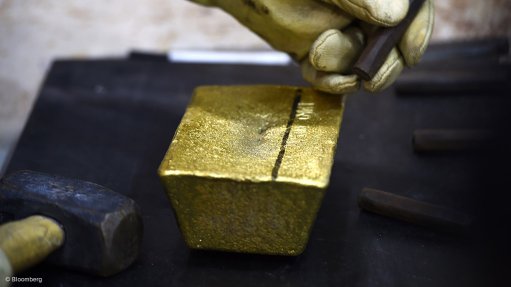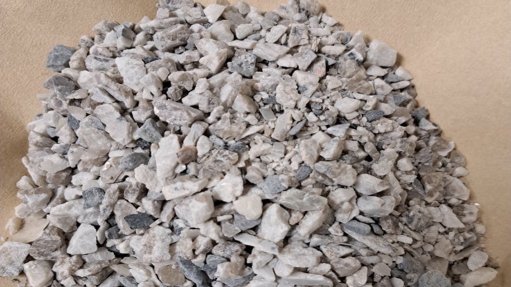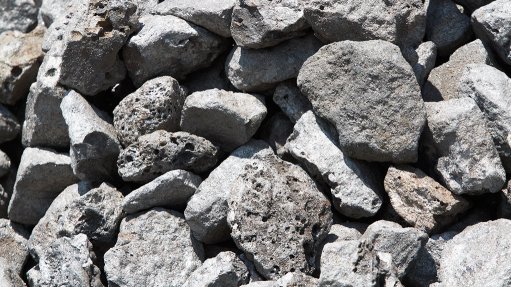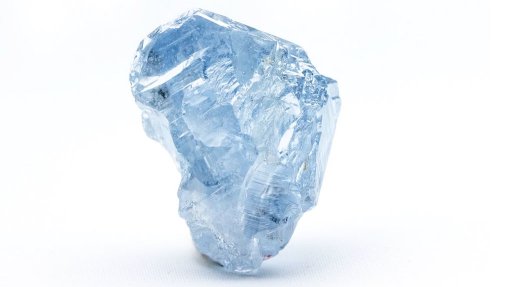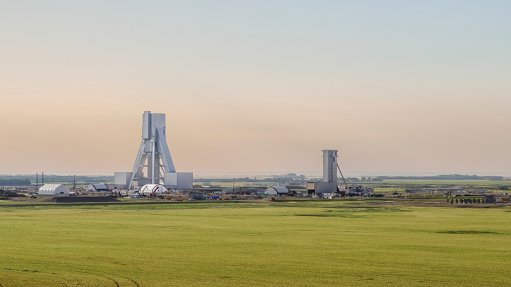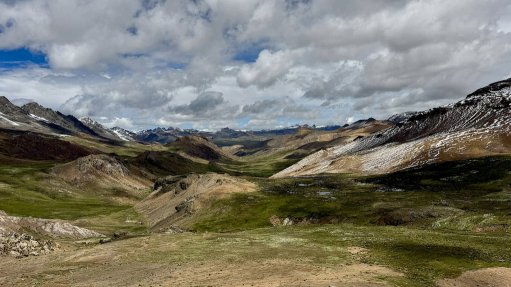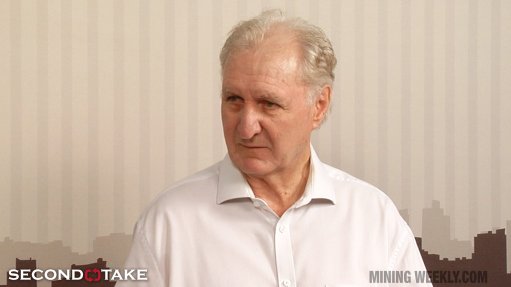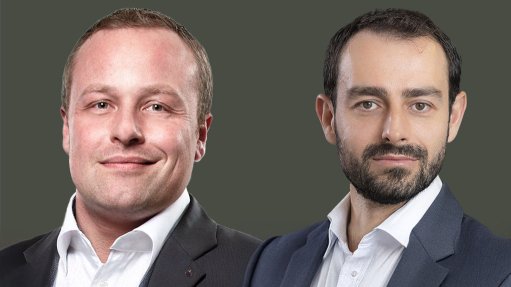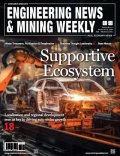Gravity energy storage systems an option at South Africa’s coal power stations

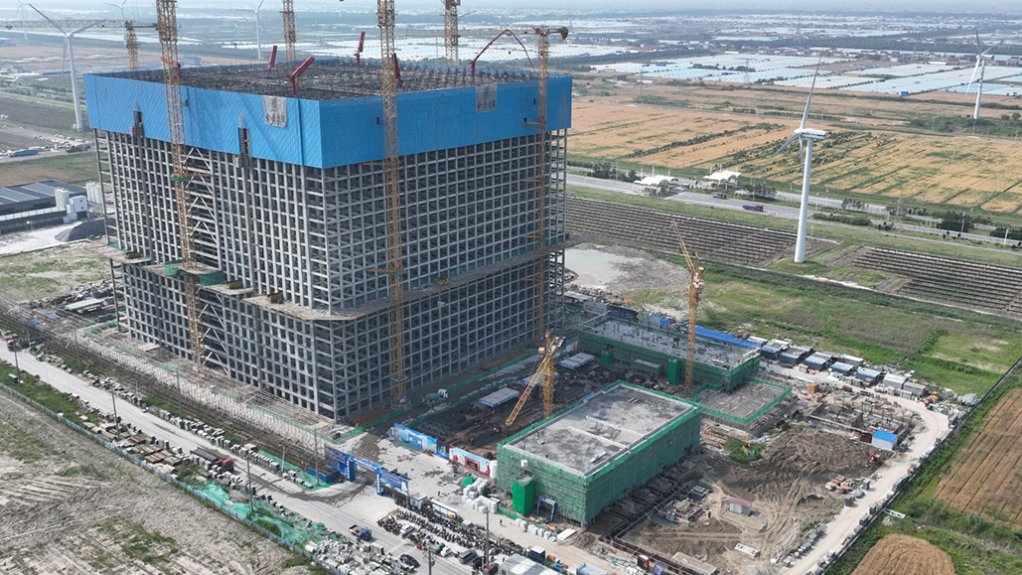
Energy Vault's first full-scale gravity energy storage system being built in China
Consultancy Sizana Solutions says gravity energy storage systems (GESS) fit in “beautifully” with South Africa’s just energy transition, as it can create multiple thousands of jobs while constructing energy storage assets and drive environmental restoration, especially at soon-to-be decommissioned coal-fired power stations.
Sizana, the appointed consultant of NYSE-listed Energy Vault in Southern Africa, affirms that there are multiple viable opportunities for GESS in the country, particularly as it offers a lower life cycle cost compared with most other energy storage mediums owing to its long life and no degradation.
In fact, Sizana CEO Les Lange explains, the GESS can be deployed anywhere that a building can be built – it does not need a naturally elevated topology and it can be rated for longer durations of between four and 16 hours compared with lithium-ion batteries, for example, which are typically rated for between two and four hours.
GESS technology is also flexible in its power-to-energy ratio, being able to deploy any configuration of megawatt and megawatt hours depending on the application.
Lange explains GESS has a low lifecycle cost, despite being more expensive than, for example, lithium-ion batteries to build initially. He adds that a GESS system can last for 35 years without degradation, compared with electrochemical batteries that degrade over time and only last for about ten years depending on how many times it is operated.
Importantly, more than 80% of the content required for an Energy Vault GESS system can be manufactured or is already being manufactured in South Africa, whereas battery components are mostly imported.
There is also no limit to the number of cycles GESS can do with a roundtrip efficiency above 80% and an availability of 95%.
GESS has a larger footprint and height, compared to batteries. For example, Energy Vault’s first full-scale GESS project in China is built on a 1.2 ha piece of land. That said, the project is large at 25 MW for four hours or 100 MWh. Lange estimates that every megawatt-hour requires 120 m2 of space, with a height of between 120 m and 140 m.
Energy Vault’s GESS project in China will be commissioned this year. Its learnings will serve as a basis for more intensive market engagement in other parts of the world, such as South Africa.
Lange says Sizana has lined up interested parties in Southern Africa including large industry, mining companies, independent power producers, Eskom, the Department of Mineral Resources and Energy, as well as metros such as the City of Cape Town, to consider taking up GESS once the technology proves itself in China.
He tells Engineering News that coal-fired power stations are ideal for GESS, since the mobile masses can sequester ash and construction waste materials.
This not only helps to restore the environment and provide an effective waste management solution, it also enables unused power station structures to not become redundant or end up as waste.
Eskom will decommission several of its older coal-fired power stations in the foreseeable future. Government officials are considering potentially extending the lives of these stations further amid the country’s power supply constraints. It will, however, be possible to construct GESS at these power stations while they are still in operation.
Meanwhile, as the country gears up to generate more renewable energy, GESS offers ancillary services and stabilisation to the national grid. It will store when the sun can provide energy throughout the day or at night during off-peak periods and discharge the energy during peak demand or loadshedding periods.
Lange highlights a massive opportunity for metros is to use GESS to sequester construction waste. A metro such as Cape Town generates about 1.7-million tonnes of construction waste every year. “GESS makes it possible to convert much of that waste into energy storage assets.”
He further explains that industrial users such as cement manufacturers and mining companies can use GESS to sequester mine dumps and tailings waste, while offering long-term energy storage.
Mines can also install GESS at decommissioned shafts, which saves on capital costs and the need to rehabilitate the area.
Lange notes that large water treatment plants can use GESS to sequester water treatment residue, which is a waste material produced during the water purification process. The GESS will assist to make these plants more energy resilient and mitigate loadshedding.
Responding to why there has not been much uptake of GESS in South Africa yet, Lange says interested parties are waiting for the technology to first be proven and demonstrated, which will happen this year in China. “We are positive that the floodgates will open soon,” he states.
Lange elaborates that Sizana has had positive engagements with interested parties to undertake feasibility studies for deployment of Energy Vault’s GESS technology.
He anticipates the feasibility study will take between 6 and 12 months to complete.
Moreover, Lange states that some of the older power stations have an estimated 35-million tonnes of accumulated ash that needs to be disposed of in a safe manner, as is the case at the Grootvlei power station. One can only imagine the liability of having to ensure those ash dumps never pollute the environment.
He is confident the South African authorities will soon accept GESS as a proven technology and a viable medium for energy storage in South Africa, as it builds renewable energy capacity, looks to stabilise the national grid, needs to create jobs and needs imminent large-scale waste management solutions.
Article Enquiry
Email Article
Save Article
Feedback
To advertise email advertising@creamermedia.co.za or click here
Press Office
Announcements
What's On
Subscribe to improve your user experience...
Option 1 (equivalent of R125 a month):
Receive a weekly copy of Creamer Media's Engineering News & Mining Weekly magazine
(print copy for those in South Africa and e-magazine for those outside of South Africa)
Receive daily email newsletters
Access to full search results
Access archive of magazine back copies
Access to Projects in Progress
Access to ONE Research Report of your choice in PDF format
Option 2 (equivalent of R375 a month):
All benefits from Option 1
PLUS
Access to Creamer Media's Research Channel Africa for ALL Research Reports, in PDF format, on various industrial and mining sectors
including Electricity; Water; Energy Transition; Hydrogen; Roads, Rail and Ports; Coal; Gold; Platinum; Battery Metals; etc.
Already a subscriber?
Forgotten your password?
Receive weekly copy of Creamer Media's Engineering News & Mining Weekly magazine (print copy for those in South Africa and e-magazine for those outside of South Africa)
➕
Recieve daily email newsletters
➕
Access to full search results
➕
Access archive of magazine back copies
➕
Access to Projects in Progress
➕
Access to ONE Research Report of your choice in PDF format
RESEARCH CHANNEL AFRICA
R4500 (equivalent of R375 a month)
SUBSCRIBEAll benefits from Option 1
➕
Access to Creamer Media's Research Channel Africa for ALL Research Reports on various industrial and mining sectors, in PDF format, including on:
Electricity
➕
Water
➕
Energy Transition
➕
Hydrogen
➕
Roads, Rail and Ports
➕
Coal
➕
Gold
➕
Platinum
➕
Battery Metals
➕
etc.
Receive all benefits from Option 1 or Option 2 delivered to numerous people at your company
➕
Multiple User names and Passwords for simultaneous log-ins
➕
Intranet integration access to all in your organisation







